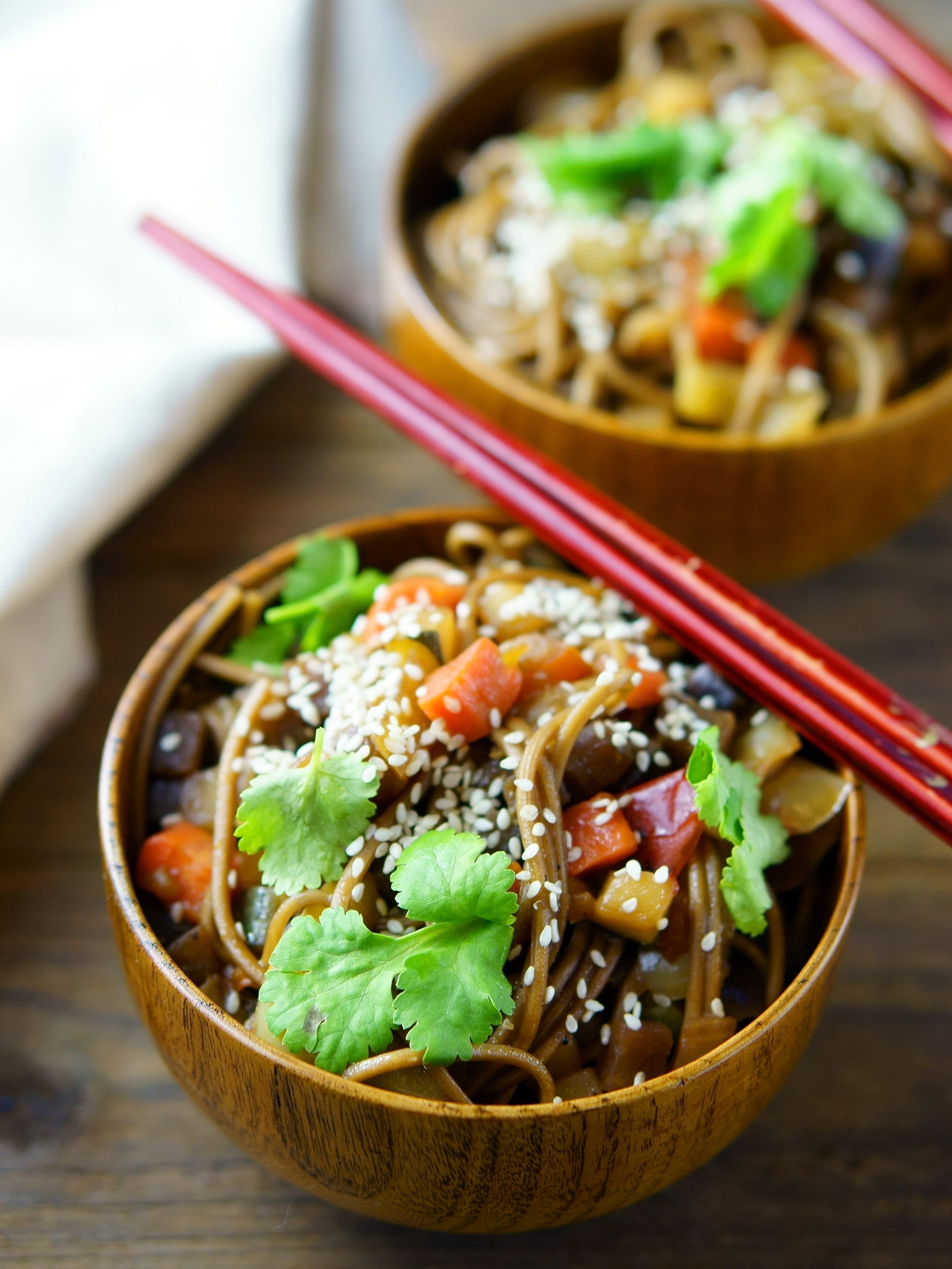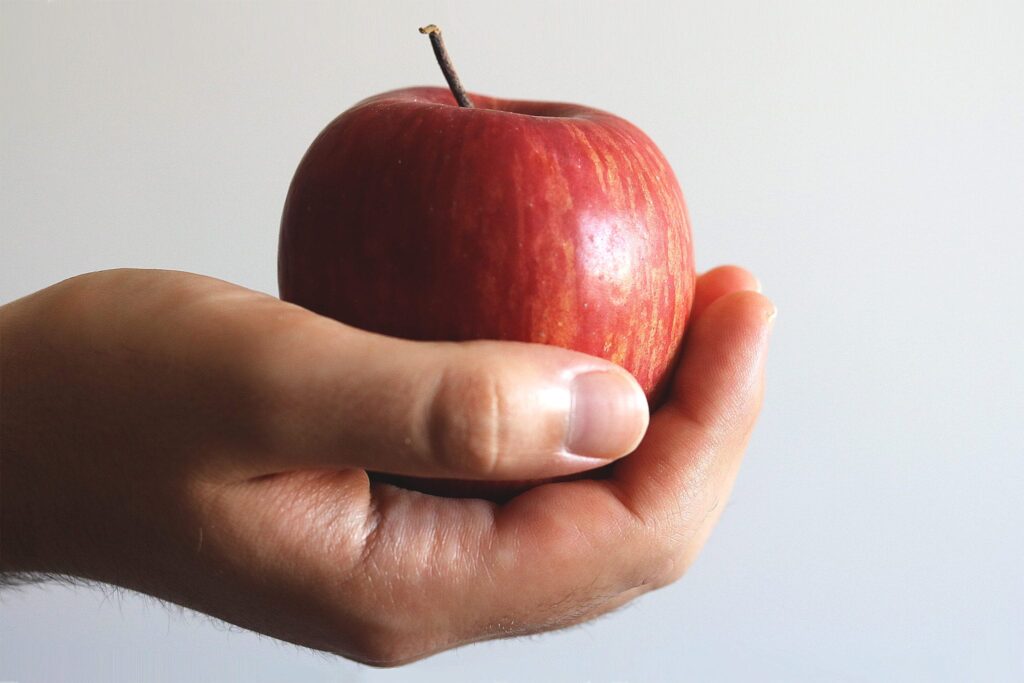Societal Human Values Series #10
Tibetan Emperor Songtsen Gampo, (Srong-brtsan-sgam-po), reigned 629-650 CE. Among his many achievements, he promoted a moral code known as the Sixteen Principles of Societal Human Values (mi chos gtsang ma bcu drug). As the Dalai Lama’s translator Thupten Jingpa writes, “Most of these sixteen values have to do with promoting greater societal well-being and living one’s life with dignity, honesty, and respect for others.”
Phakchok Rinpoche frequently emphasizes the importance of living respectfully in society. He encourages students to memorize and internalize these points of conduct as a core foundation for our practice of the Dharma. If we don’t keep this moral code, then whatever higher practices we engage in will be unlikely to bear much fruit.
This is the tenth in a series of explanations of these sixteen principles.
Principle #10 Having Moderate Food and Wealth (zé nor la tsö dzin pa)
The Tibetan words here literally mean “measuring out”, or “calculating” the right amount of food and wealth. Human beings need relatively few things to live healthy and fulfilling lives. This principle reminds us to pause and consider our consumption patterns. In this edict, the Tibetan emperor advised his subjects to neither live too austerely nor to indulge excessively in either food or the pursuit of wealth.
Mindful Eating and Moderation
What’s the point of practicing moderation? The Buddha himself advocated a “middle way” for both lay and monastic followers. And many Buddhist stories contain incidents where the Buddha counsels his followers about an appropriate diet. The Pali canon contains a humorous story where the Buddha advised King Pasenadi of Kosala about eating moderately. The king often gave way to gluttony and admitted to the Buddha that he felt bloated and unwell. The Buddha counseled the king,
When a man is always mindful,
Knowing moderation in the food he eats,
His ailments then diminish,
He ages slowly, guarding his life.1(SN 3.13) The Connected Discourses of the Buddha: A New Translation of the Samyutta Nikaya, Bhikku Bodhi, trs., (New York: Simon and Schuster, 2005), 176-7.
In the sutta, King Pasenadi immediately recognized the wisdom of this advice and hired a man to repeat this verse whenever he sat down to meals. This might be one of the earliest written examples of a nutrition coach! Over time, the formerly unhealthy and overweight king lost weight and felt fit and handsome. He applied the instruction, understanding that both his current and future health would improve. In this sutta, we see the antecedents for the Tibetan edict.


Moderation in Diet: A Global Philosophy
The Buddha and Emperor Songtsen Gampo were hardly unique in this philosophy of measuring out food to improve health. The Chinese philosopher Confucius (551 B.C.E.–479 B.C.E.) similarly advocated eating the correct proportion of food. A number of ancient Greek philosophers also considered moderation to be a moral virtue that brought about happiness. Plato, (429?–347 B.C.E..) criticized gluttony and emphasized healthy moderate eating as best for the body and mind. Eating, according to his judgment, should be for health rather than for sheer pleasure. He argued against the eating of overly fancy foods or too much of anything rich. Such lack of moderation, he claimed caused disturbances both for the digestive system and the mind. And even the Hellenistic Greek philosopher Epicurus (341–271 B.C.E.), whose name is often invoked as a materialist, encouraged moderation in food and a simple diet.2McHugh, M., Epicureanism and Food, in: Thompson P., Kaplan D. (eds.), Encyclopedia of Food and Agricultural Ethics. (Dordrecht: Springer, 2014)..
Mindful Eating Without Attachment
In Mahayana Buddhist texts, the Buddha also comments on the need for mindful eating. He does not say that people, even monks who have taken up the practice of renunciation, should eat poorly. Instead, he draws our attention to intention and the attitude intelligent people should adopt. In the King of Samādhi sutra (Samādhraja Sutra) he contrasts foolish monks who receive food as offerings and develop attachment and craving with wise people who eat well-prepared meals but don’t lose their mindfulness. The Buddha observes,
Such fools have attachment to food.
They know no limit to their eating.
They obtain their food through the Buddha’s merit,
But these fools do not keep that in mind.
When they find food that is delicious and pleasing,
They consume it without engaging in the discipline.
For them that food becomes poison,
Like an unclean lotus stem for an elephant calf.
The wise, the sagacious, the realized
Also eat food that is pure and pleasing,
But they have no attachment to it.
They eat without clinging, maintaining the discipline.3Samādhirājasūtra, The King of Samādhis, the Revealed Equality of the Nature of All Phenomena, Chapter 9. Translated by Peter Alan Roberts under the patronage and supervision of 84000: Translating the Words of the Buddha.
When wise people adopt such a moderate approach, they don’t need to deny themselves sensory pleasures. But if they eat mindfully, they can appreciate food without developing cravings or overindulging.
Choice and Cravings
Yet in the twenty-first century, the drive to accumulate and consume more can be overwhelming. We are surrounded by advertising and marketing appeals to indulge ourselves, to cling to the experience. Slogans tell us we deserve to eat more, or that we “need” expensive gourmet foods. Large food companies spend significant sums to develop slightly tweaked versions of core products, advertising them as “new” or “improved”. However, some modern psychologists have cautioned that our current abundance of choice (which is a display of lack of moderation) leads to more decision paralysis and unhappiness.4A major proponent of this theory is psychologist Barry Schwartz, who wrote the influential 2004 book, The Paradox of Choice – Why More Is Less. Some consumer studies have argued against this point of view, but in 2015, another scientific study [Chernev, Alexander; Böckenholt, U.; Goodman, J.K. “Choice Overload: A Conceptual Review and Meta-analysis,” Journal of Consumer Psychology. 25 (2): 333–358] tended to concur with Schwartz’s earlier argument.
Exercises in Moderation and Food
How do we work with this situation? When we consider the emperor’s edict, we might take a pause from our customary approach to eating. And we can customize our approach based upon our own circumstances. For example, if we tend to mindlessly consume junk food when we are busy or stressed, we can copy the Buddha’s advice to King Pasenadi onto a post-it or memo board and stick it on our refrigerator or snack drawer.
A simple reminder can often be enough to reset our approach toward food. For example, we might take some time to inform ourselves about global food waste and then consider our own contributions to this issue. How much food does our household throw away on a regular basis? Talk with your partner, or children or your roommates about how you can avoid waste. You might want to take some time to take an inventory of your fridge and your cupboards. If you aren’t planning to consume something, consider donating to a food bank or pantry near you.



Moderation in Wealth and Luxuries
Everywhere we look we are tempted by the newest (more expensive) models of clothing, cars, tech, or toys. And we work hard, don’t we? We’re busy and stressed and anxious; we need some gratification! So we tend to look outside ourselves for rewards. But as the Tibetan emperor suggested in his edict, moderation would be more fulfilling. This constant search for external comfort, and to acquire more than we actually need, the Buddha observed, caused unwanted stress.
In one of the longest sutras translated into the Tibetan collection of Mahayana teachings, the Buddha observes that bodhisattvas, or those on the path to enlightenment, will have sufficient means. In a frequently quoted stanza, he notes that when people lose their attachment to their own wealth and instead give freely, they reap great benefit. He remarks,
They will always be in possession of wealth,
But having acquired it, they will be circumspect.
They will point out its essence,
Saying, ‘Wealth is impermanent.’
Whatever you give is yours to keep;
Whatever you keep you lose.
Both you and your amassed wealth
Have come from abandoning everything.5Kuśalamūlasaṃparigraha, “Upholding the Roots of Virtue,” Chapter 10.Translated by the Dharmachakra Translation Committee under the patronage and supervision of 84000: Translating the Words of the Buddha.
Reflections on Moderation
This advice may seem quite puzzling at first. But if we reflect on these verses seriously, we can come to see their profundity. When we hold tightly to things, do we really make ourselves happy? Doesn’t this attachment cause us more worry, anxiety, or stress? Think of a simple example. If you buy something expensive, don’t you worry about where to keep it? Are you afraid to just leave it sitting around in case something happens? What do you feel like if it is stolen or broken?
Conversely, when we give generously do we have that same tension? If we know, deep in our bones, that things are impermanent and don’t really belong to us, then can’t we relax a bit?
Moderation Relaxes the Mind
When we aren’t too indulgent with ourselves, we have fewer worries and uncertainty. We are free from the fear of losing valued treasures. And we have less hope that manifests as greed and acquisitive desire. If we adopt a moderate approach, we feel contentment and appreciation. And those are truly delightful qualities! With a relaxed mind, we possess a genuine treasure.
Share With Us
Have you considered your personal or family approach to living moderately? Is this something you discuss with your family and friends? If you’d like to share your own recommendations for mindful consumption, please join the discussion below. We can all benefit from each others’ tips about how to steer a middle path between indulgence and austerity!










Responses